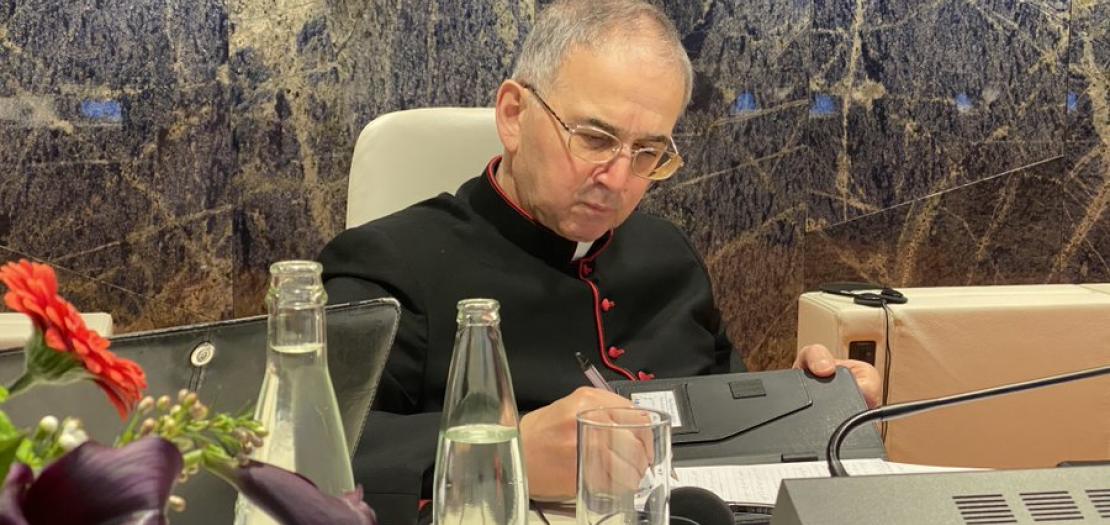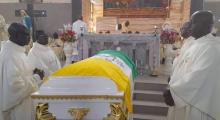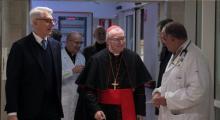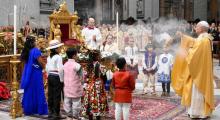Issued by the Catholic Center for Studies and Media - Jordan. Editor-in-chief Fr. Rif'at Bader - موقع أبونا abouna.org

A Jordan native and expert on Islamic affairs has said the Middle East is currently undergoing an in-depth reflection on the role of religion in society and governance, leading to a changing religious landscape in the region.
“Violence perpetrated in the name of religion contributed to this change,” said Monsignor Khaled Akasheh, bureau chief for Islam at the Pontifical Council for Interreligious Dialogue.
“The quest for enhanced liberty and better life conditions also contributed to reflecting on the role of religion in society and to eliciting religious responses to particular questions and doubts,” Akasheh told Crux.
Akasheh stressed that while he is Jordanian and follows developments in issues of social and religious interest in the Middle East closely, he has not lived in the country for years, and thus “cannot claim to have an extensive and complete vision of the reality.”
However, from his own observations, Akasheh said he believes the internet and social media have also “helped in a big way” to circulate differing views on religious, economic, and social issues, particularly among youth.
Another contributing factor to the changing landscape of the Middle East, he said, is the feminist movement, both in Christianity and in Islam.
One example of this, he said, is the question of equality in terms of inheritance between men and women, which he said has become an issue “not only among Christians, like in Egypt and in Jordan, but also in countries where the population is nearly a total Muslim, as is the case in Tunisia.”
“Religion today has become an identity factor, sometimes at the expense of the national sense of belonging,” he said.
Factors such as the rise of the so-called Islamic State, or ISIS, and its opposition and defeat “has demonstrated the need for a sound approach to religion which excludes recourse to violence to sustain and impose one’s own understanding of his (or) her religion,” Akasheh said.
Violence perpetrated by ISIS, he said, “was for some an occasion to ask themselves what religion does mean and how important it is to understand and to practice it properly.”
Asked whether he believes this shifting of sands could lead to the complete secularization of the Middle East in terms of governance and politics, Akasheh said he is unsure whether the region will ever be secularized “in the same way and to the extent” that it is in the west.
However, “We should also be clear on this that the Western countries have different kinds of secularism and that their societies have been affected by this phenomenon in different grades,” he said, meaning that should the Middle East become secularized, it might very well look different than the kind most of the western world is familiar with.






